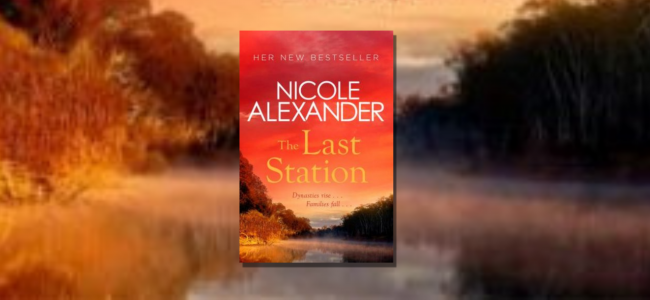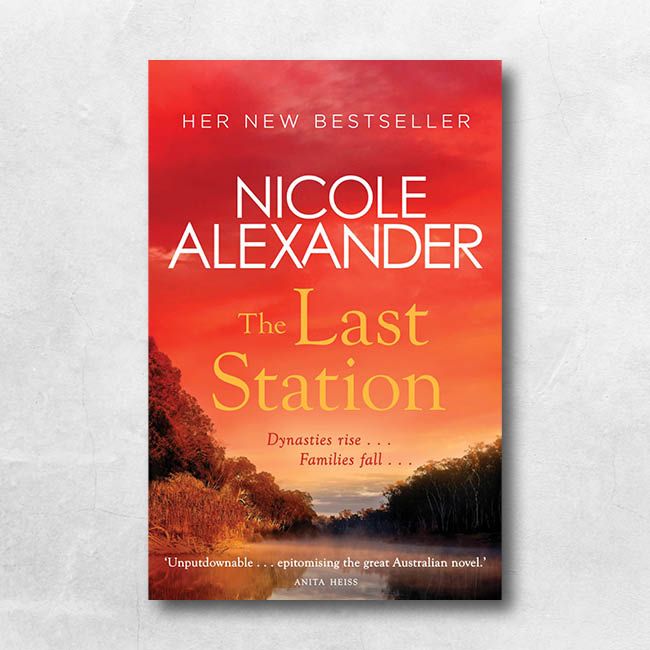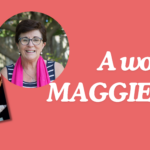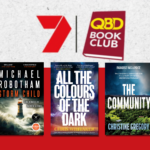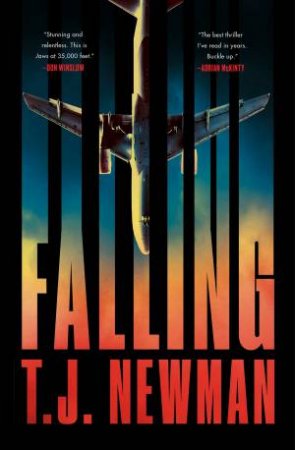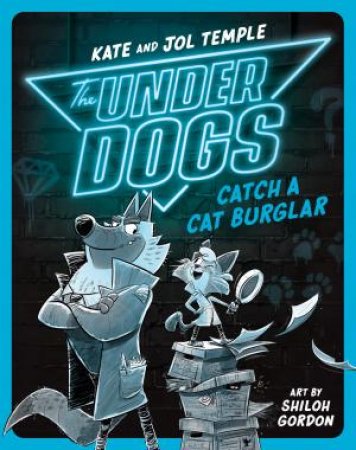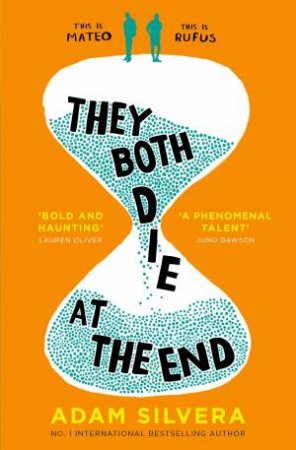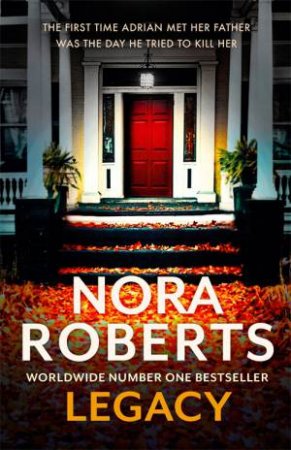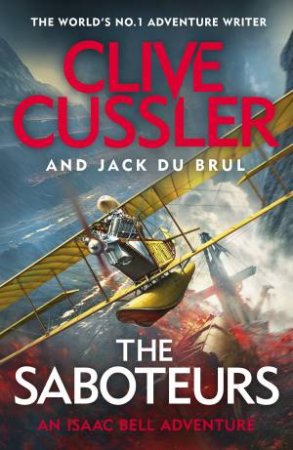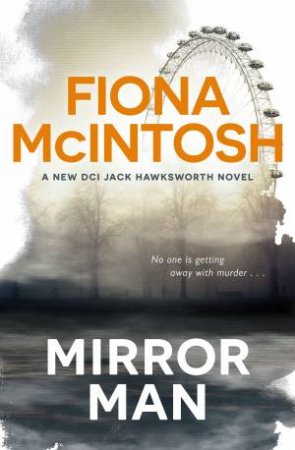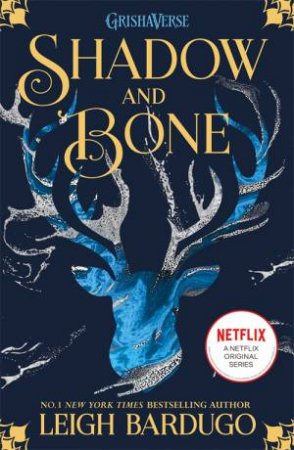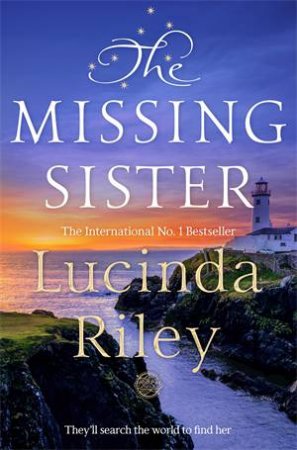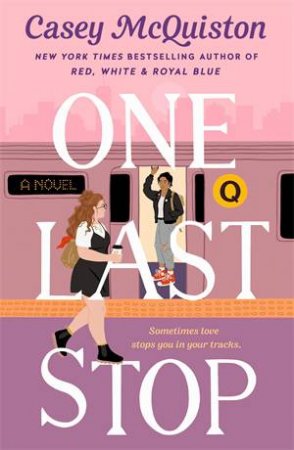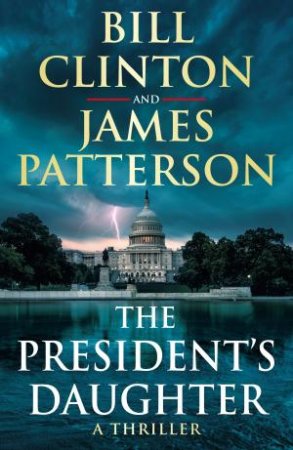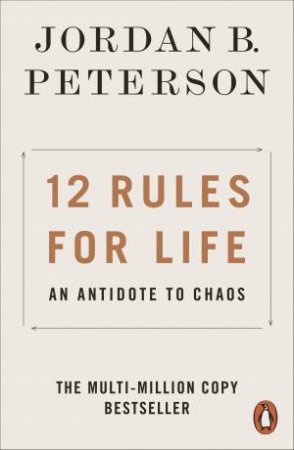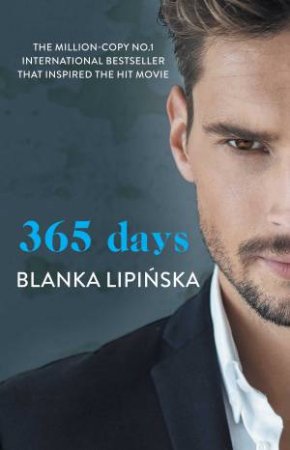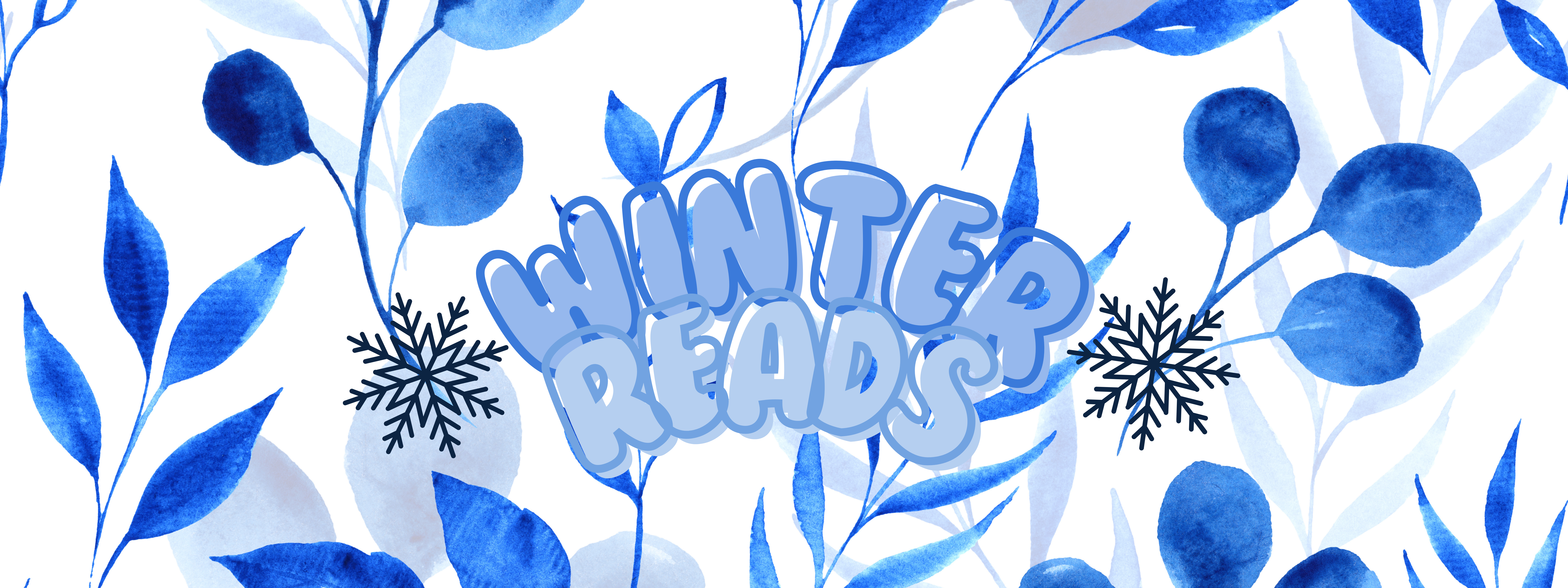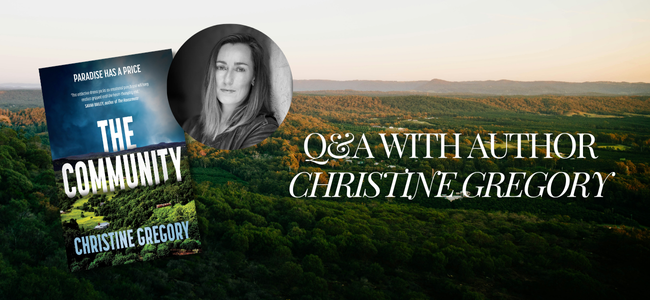
Nicole Alexander is a talented Australian author who has ten historical fiction novels and a range of non-fiction work under her belt. She was awarded “The NSW 2012 Barwon Woman of the Year” for her literary talent, promoting Outback Australia, and providing a strong female role for rural professionals. This month, her new novel “The Last Station” hit the shelves.
The Last Station is a captivating story of heritage, heartbreak, and hope. With the riverboat trade along the Darling River slowly dying, a once-prosperous pastoralist family fights to survive – and discovers there is a cost to love…
Exclusively for our QBD blog readers, Nicole talks about the inspiration behind her new book, what books she has been reading, and more!
- Congratulations on your new book Nicole! What was your inspiration behind “The Last Station”?
Thank you! I really wanted to spotlight a time in Australia’s history when the vagaries of mother nature and the wheels of progress literally conspired to destroy livelihoods and a way of life for some people. There seemed no better time to set the story than in the years before the Great War, a period that is considered by many to be our last years of innocence, during the dying days of the river boat trade on the Darling River in western New South Wales. Exploring the trajectory of a family (the Dalhunty’s) that go from absolute wealth and power to poverty in a span of twenty years was very appealing. - What was your writing process like for this book? How long did it take?
I had the initial concept nearly six years ago, so it took some fermenting. Firstly I embarked on a general reading on the time and place which is both the history of the area as well as the environment (flora & fauna) and geography. I read generally from the 1840s on and then more specifically from the 1870s onwards and covered topics such as the history of NSW, the development of the Western division, the Murray-Darling system, the riverboat trade and the grazing industry in the region. Then once I started writing I drilled down into specific research as required. So that was a mix of historical articles – newspapers, histories etc, family & district histories (pioneering accounts) and academic papers such as a recent archaeological maritime survey of steamer wrecks in the Darling. I also studied 1900s parish maps of Bourke and surrounding districts, and the Darling River as well as rural properties. Then half-way through the writing process I did a field trip to places such as Bourke and Brewarrina, spots along the Darling River and spent a couple of days hiking through Gunderbooka National Park where part of the narrative is set. Going out into the field is a vital part of the process for me as it allows me to get a strong sense of people and place. I’m always very hands-on with my field research because I really want the reader to feel immersed in the story and there’s no better way to do that than to visit the place I’m writing about. I want readers to see and feel and literally smell what I have while researching when they open one of my books.
Can you tell us a little bit about the plot? No spoilers, please!
When we meet the Dalhunty’s in 1909 they are on the brink of ruin. Once a well-known pastoral dynasty they have resorted to growing vegetables while only miles away along the Darling River sits the largest inland port for wool in the world. The eldest son Julian is desperate to leave the property and escape the worsening situation, however he finds his path blocked at every turn, and when his mother invites a strange young man – Ethan Harris, into their home, the Dalhunty family is thrown into chaos, their bonds tested to the very limits.
- What books have you enjoyed this year / what books do you enjoy reading?
I read a mixture of contemporary and historical fiction. This year I’ve particularly enjoyed Kristin Hannah’s Four Winds, The Love Songs of W.E.B. Du Bois by Honoree Fanonne Jeffers and The Women of Troy by Pat Barker.
How does your book differ from your other books?
Each of my works highlights a specific time in Australia’s extraordinary history. With The Last Station I’ve really enjoyed exploring the romantic era of the paddle-steamer industry and crafting the Dalhunty family. Each member of the family is high-spirited and unique.
To purchase “The Last Station” by Nicole Alexander, you can visit the QBD Books website or your local QBD Books store!

